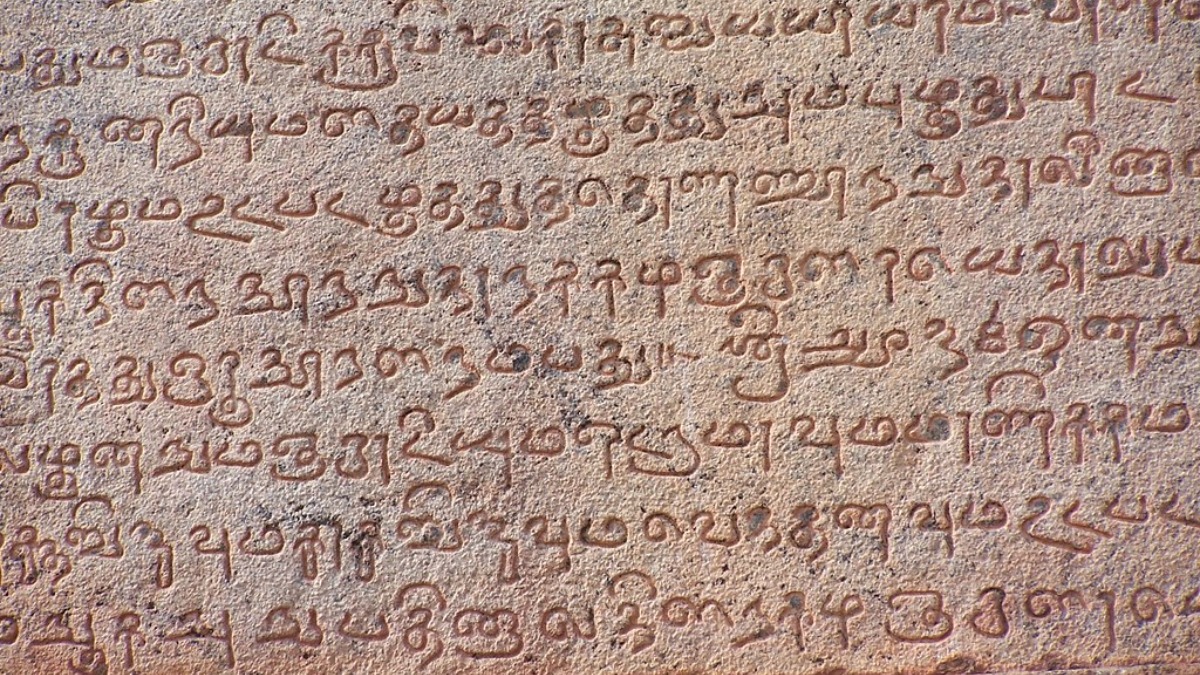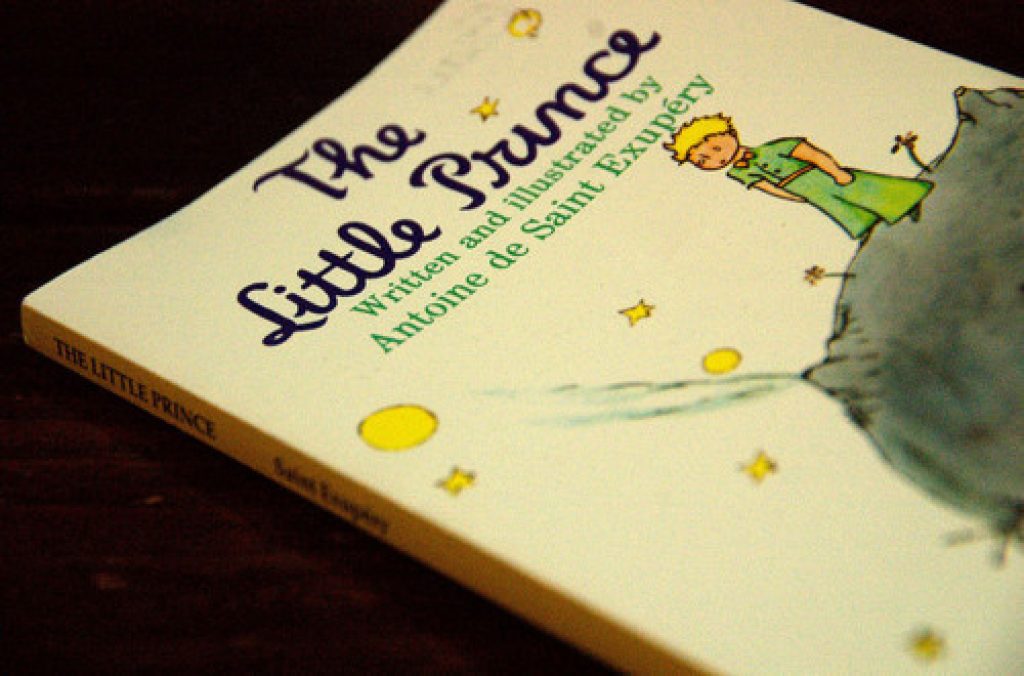Languages have been at the forefront of human evolution, shaping the way we communicate, think, and perceive the world. Whether you are a language enthusiast or simply curious about the fascinating world of languages, this post is sure to teach you a few interesting new facts about language. So let’s dive right in and discover some new and historical facts about language.
The Longest English Word Contains 189,819 Letter
This word, often cited as “methionylthreonylthreonylglutaminylalanyl… isoleucine” is the chemical name for the world’s largest known protein, titin. The ellipses are used to indicate the thousands of letters between the beginning and end of the word.

There are Roughly 7,000 Languages in the World
Of those 7,000 languages, only about 23 are widely spoken by over half the world’s population of more than 7 billion people.
There Are More Non-Native English Speakers
While English is a very popular language, the majority of its speakers are non-native speakers. Only about 370 million of the roughly 1.4 billion speakers have English as their native language.

Tamil is the Oldest Language Still in Use Today
The Tamil language forms part of the family of Dravidian languages. It is over 5,000 years old and is the only ancient language that has made it into modern times.

The Khmer Language Has the Longest Alphabet
The official dialect of Cambodia has a total of 74 letters in its alphabet. The alphabet contains 33 consonants, 23 vowels, and 12 independent vowels.

The Little Prince is the Second Most Translated Book in the World
The Little Prince, written by Antoine de Saint-Exupéry, is considered the second most translated book in the world after the Bible. The book, first published in 1943, has been translated into over 300 languages and has sold millions of copies worldwide.

The Arabic Language Has Influenced Many Other Languages
Certain English words like “algebra,” “alcohol,” and “lemon” are all derived from Arabic. Other languages like Portuguese, Spanish, and French also have many words with Arabic origins.

The Most Commonly Used Language for Classical Music is Italian
In classical music and opera, the lyrics and libretto (the text of an opera) are an important part of the overall musical experience. Italian was seen as a natural choice for this due to its musicality and rhythmic structure.

